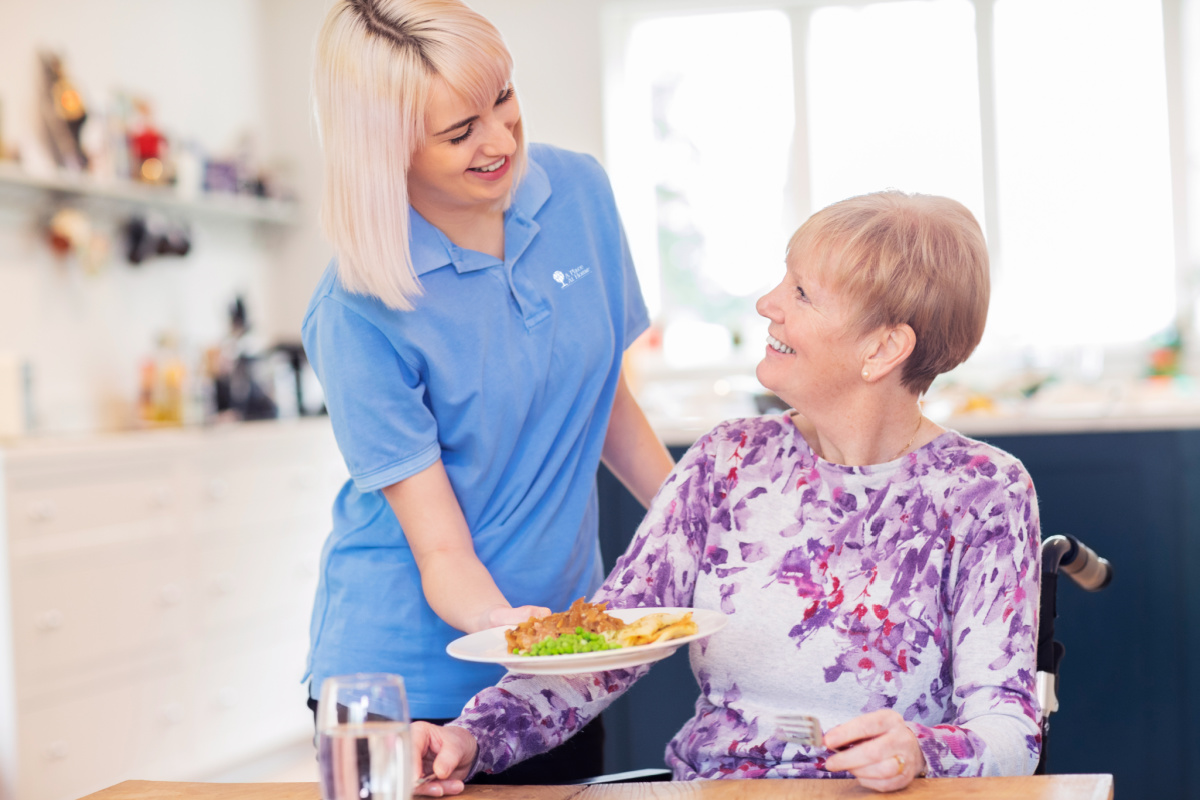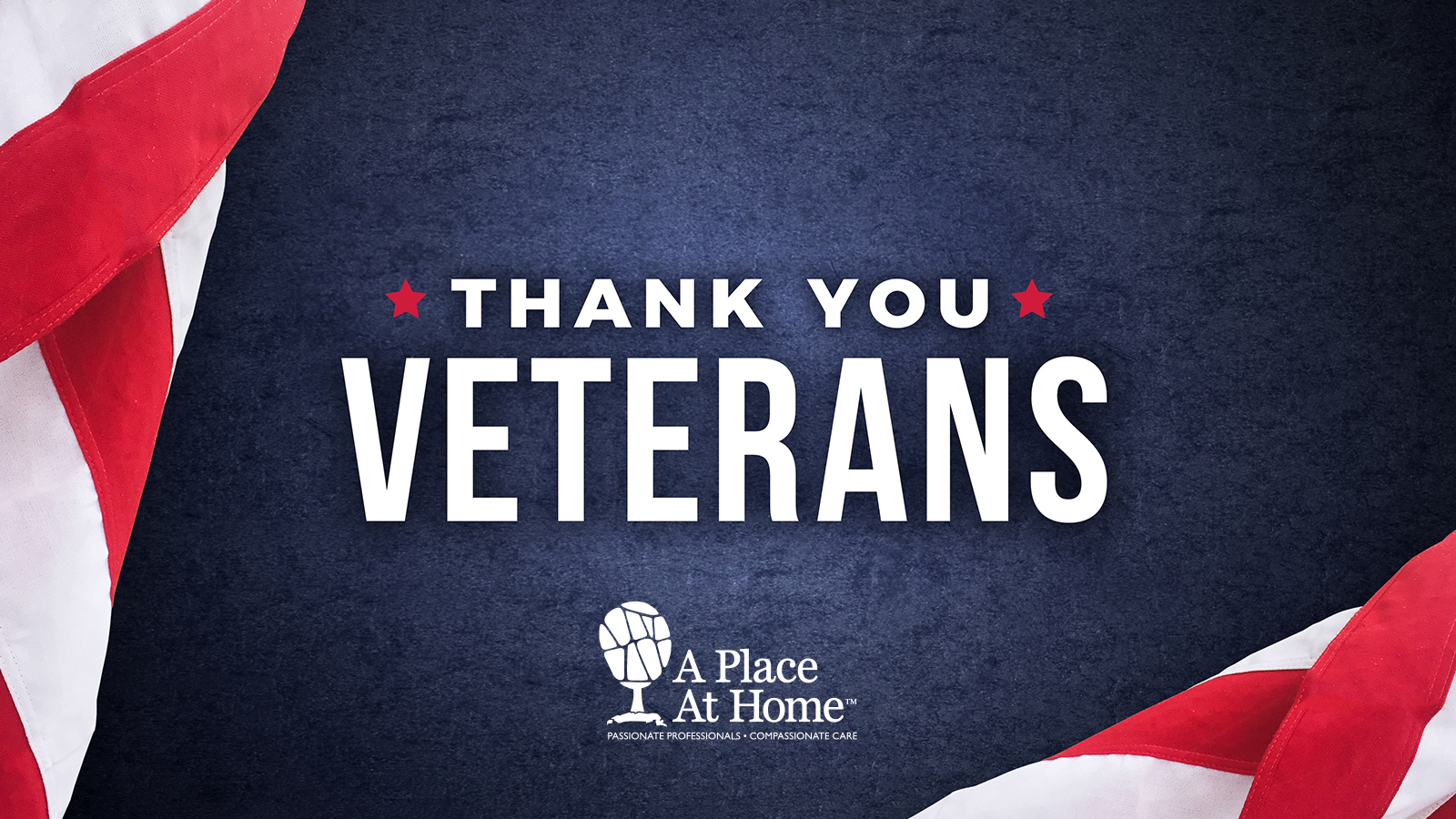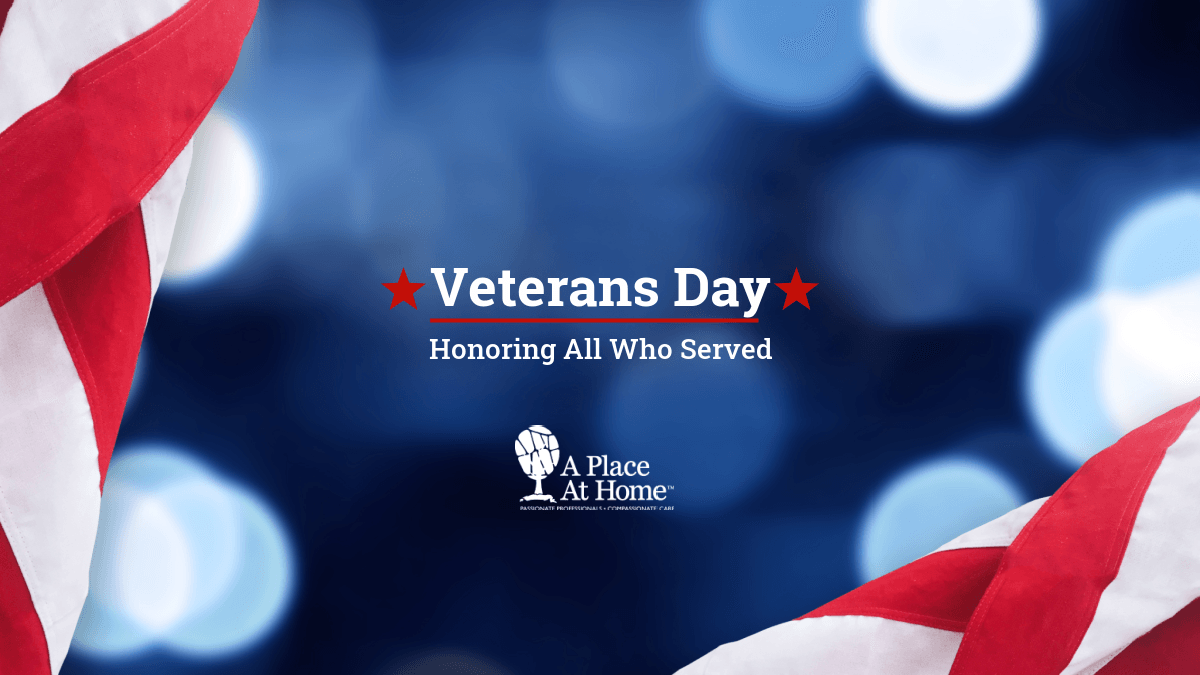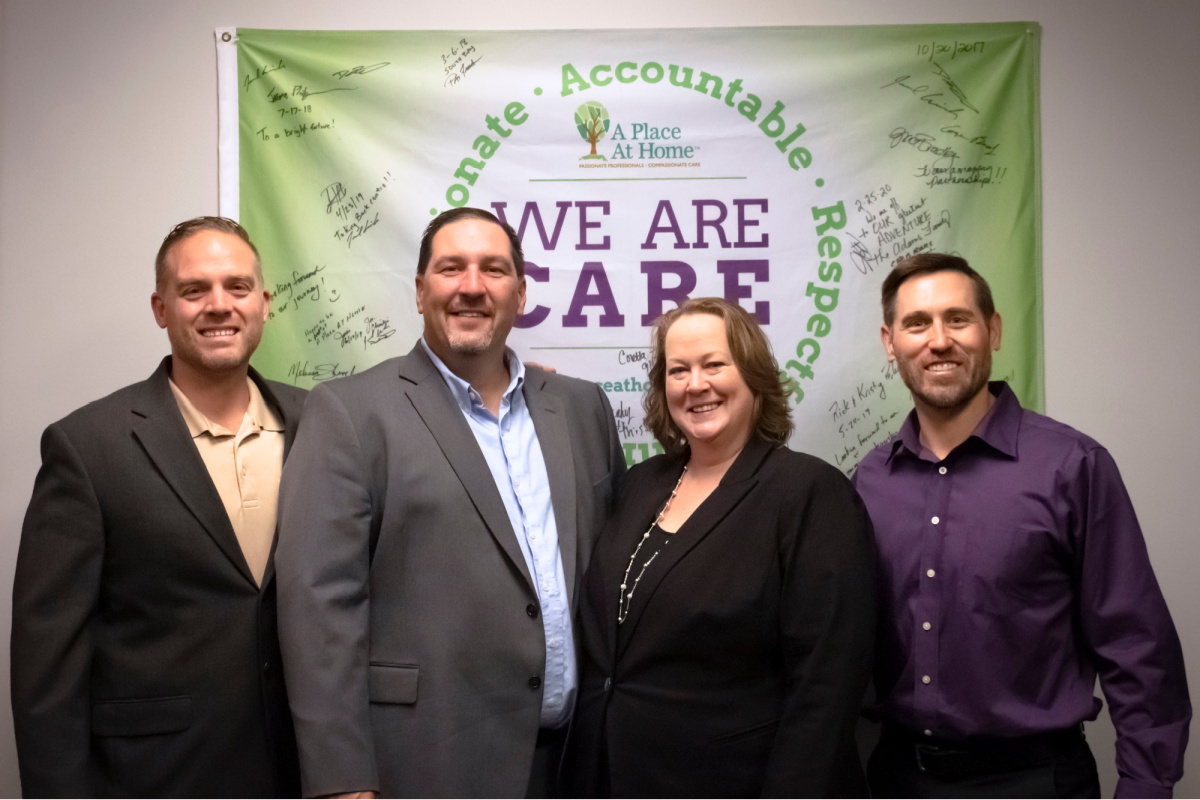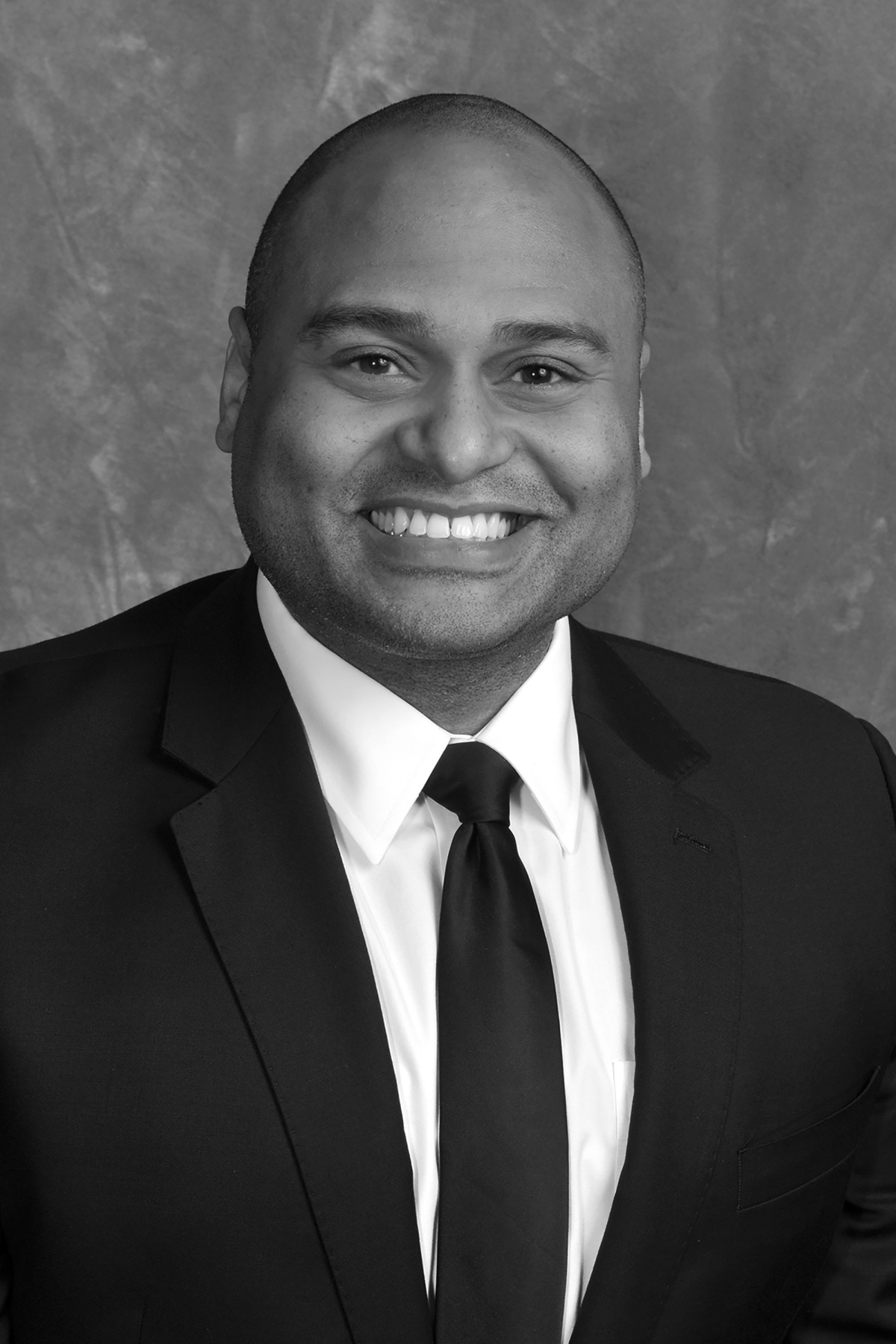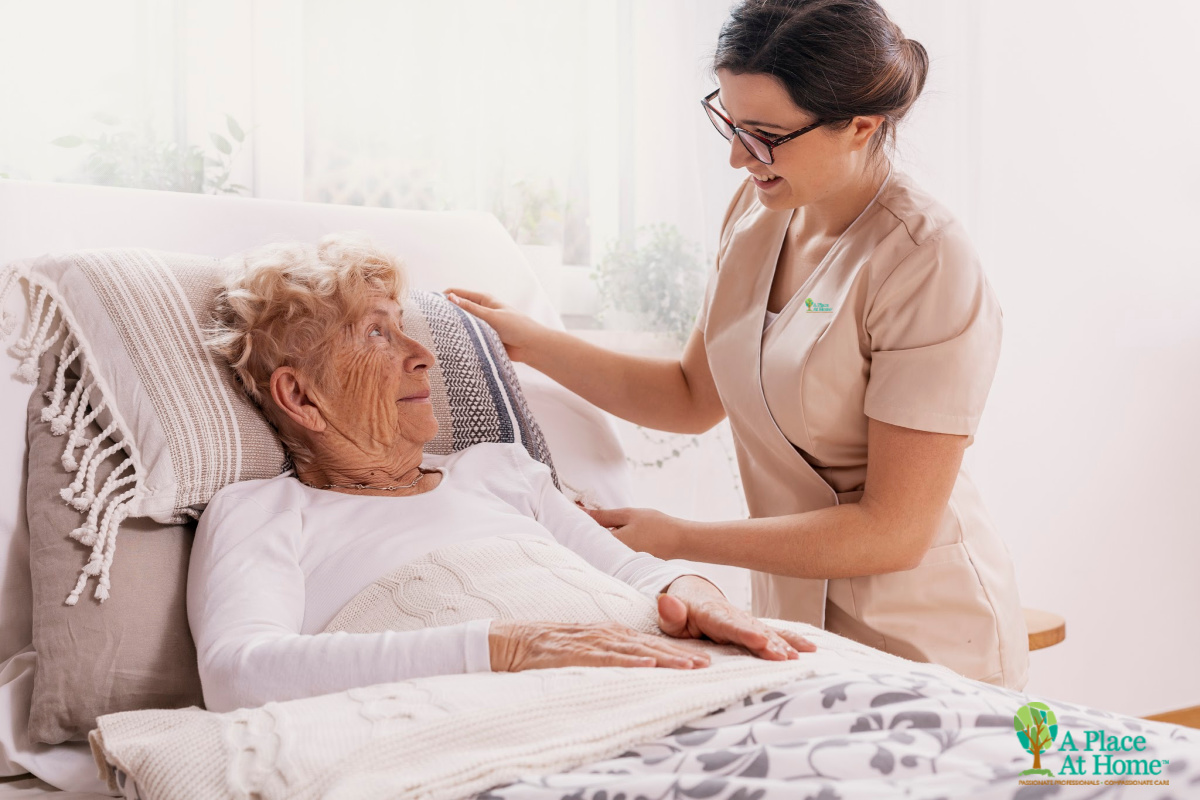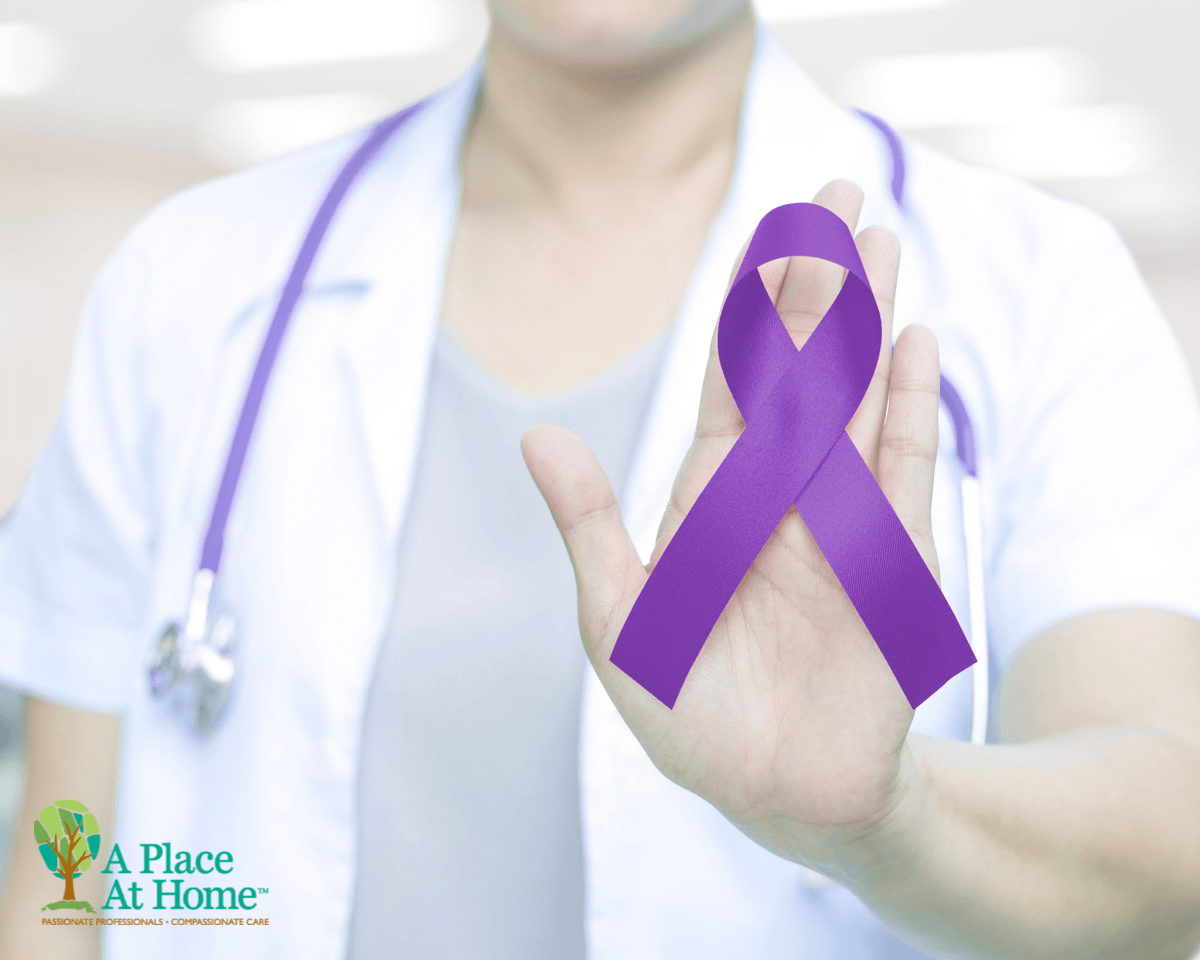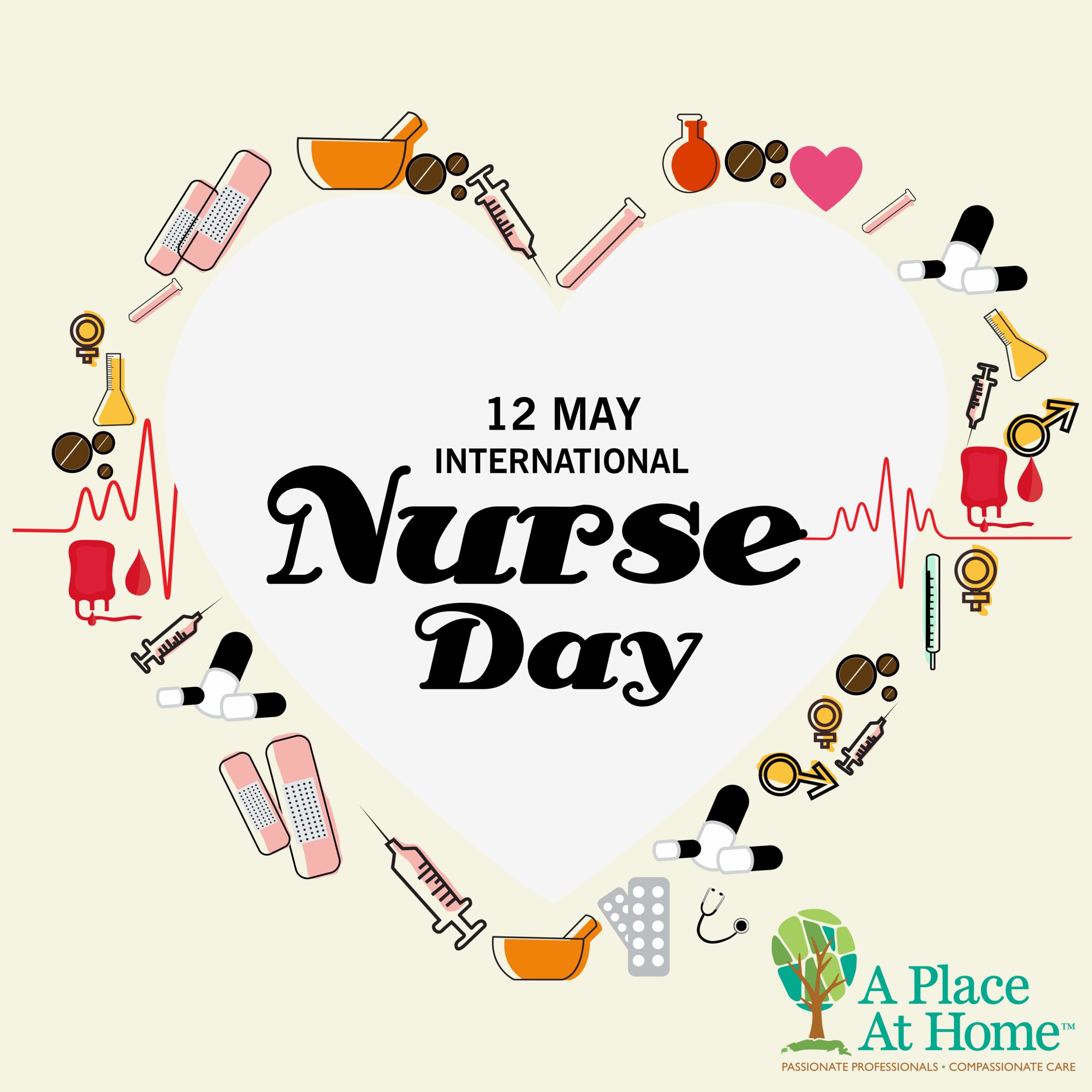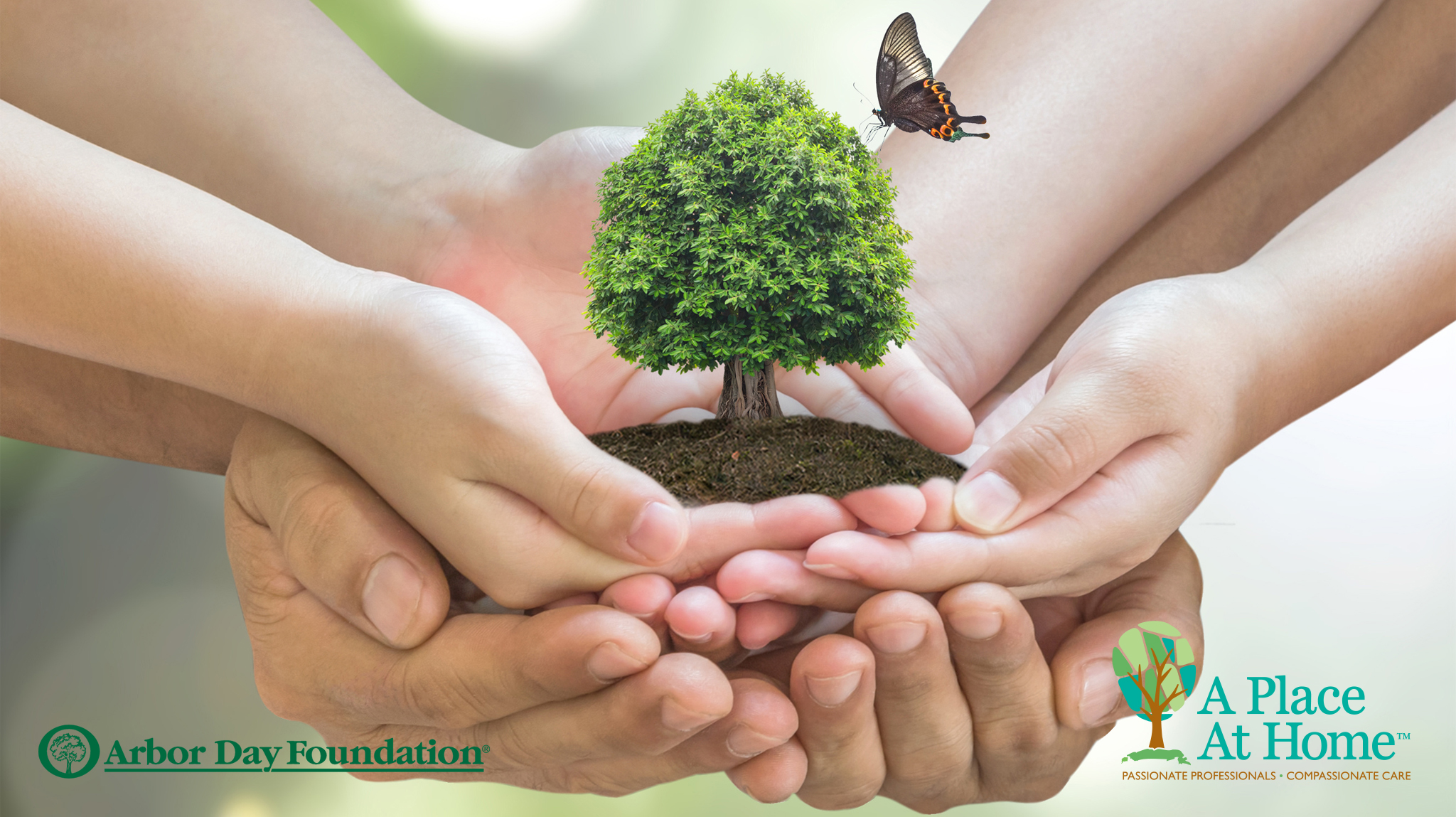Home Care Pricing – The Devil Is In The Details
Do you need to find home care services for yourself or a family member? Are you trying to find home cares prices you can afford? Whether a family member or the client does the looking, the terminology in the home care industry is confusing and frustrating. Choose the wrong type of home care services and you’ll pay hundreds of dollars more in senior care costs. Here are some quick, easy pointers to help you navigate these services like a Pro.
Home Health Is Not The Same As Home Care
Home Health is what the name implies…health care in the home or senior living community where the Client lives. An example would be physical therapy at home after an accident. These folks work through insurance programs like Medicare or VA most of the time and prices are provided. This also means Home Health Agencies will not accept companion or homemaker service requests under normal circumstances. Home Health services are often assigned by the hospital, nursing facility or rehab center the client is leaving. Regardless, patients DO have the right to make this choice themselves.
Home Care: Companion Care vs. Private Duty Home Care
Home Care services are centered around non-medical assistance that allows the Client to age more safely while living in the comfort of their own home, family member’s home or senior living community. Home Care gets broken into two service levels in most states. These service levels are Companion Care and Private Duty. Prices vary significantly between them. Here are brief descriptions of their services and differences.
Private Duty
These providers perform a range of personal care tasks called ADLs (Activities of Daily Living). ADLs include bathing, toileting and dressing patients unable to perform these activities for themselves. While they are also able to perform Companion Care services, these providers often require a minimum number of hours and are generally more expensive. Hourly base rates often range from $23-$35+ on average. Add-ons drive the costs even higher. If you need a more hands-on care approach, Private Duty is what you’re looking for. However, many folks seeking basic services hear these rates and go no further. Yet, there is still another option. This alternative to Private Duty is Companion Care.
Companion Care
These providers offer the level of care most families seek. These families want someone to help with IADLs (Independent Activities of Daily Living) while the Client is home alone. This list of services allows for basic companionship, light housekeeping, fixing a meal, medication reminders, grocery shopping, etc. The Caregivers offered by these providers are usually a mix of CNAs, Home Health Aides and independent Caregivers. They provide the majority of the services Private Duty providers perform at a lower cost per hour. As a result of the reduced level of care needed, prices for these services average just $20-$27 per hour based on the number of days and hours being requested.
Agencies vs. Registries
It is also important to be aware of the differences between Home Care Agencies and Home Care Registries. While both may provide Private Duty services or specialize in Companion Care duties, the way they operate is quite different.
Registries (or Nurse Registries)
Registries generally do not employ the Caregivers they represent. They act more like a staffing agency for Independent Caregivers. Many of these Caregivers do not carry health insurance, general liability coverage, a professional liability policy or Workers Compensation insurances. Should an uninsured Caregiver get hurt, injure the Client or even take/break a valuable item in the Client’s home, the Client would be responsible for the expenses resulting from the incident.
Home Care Agencies (like A Place At Home)
Agencies are required by the State of Florida to fully employ their Caregivers. In addition, all Caregivers working for an Agency must undergo a Level II background check by the State to protect our seniors. Our franchisor takes the level of protection even further by requiring all of those insurances listed previously. Our Agency also requires initial drug testing and random drug testing throughout employment. We protect both our Clients and Caregivers from unfortunate situations where feasible.
This quick explanation will aid you in your efforts to provide the appropriate level of care for yourself or loved one. Choosing the right services and level of care you or your loved one needs early in the search will also save you time, money and hopefully keep your blood pressure at a safe level.
My Team and I are always available to you should you have any questions. Please feel free to call our offices at 407-565-7600 anytime. You can also send an email to stephen.sherbin@aplaceathome.com if you have a question, comment or need assistance.
Have A Blessed Day!


